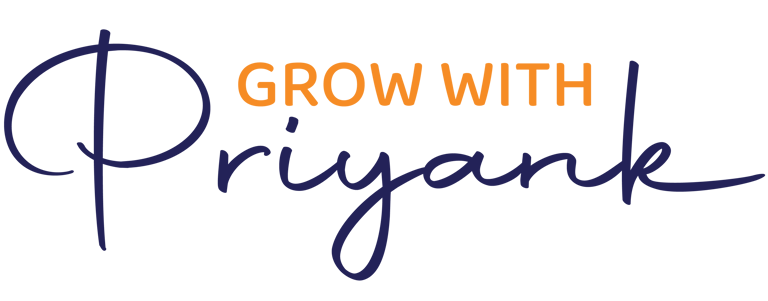Why Financial Literacy is More Important Than Ever
Unlock your financial potential with the power of financial literacy—because smart money moves start with smart knowledge. Empower yourself today for a secure tomorrow!
Priyank Rawat
5/8/20241 min read
Over 70% of adults worldwide lack basic financial knowledge (Standard & Poor's). This alarming statistic underscores the need for financial literacy in today’s fast-evolving financial landscape. From cryptocurrencies to decentralized finance, the tools and risks of managing money have become more complex than ever.
Why It Matters
Financial literacy is about empowerment. Small, informed decisions can transform lives. For many, however, the lack of foundational knowledge leaves them vulnerable to poor financial habits and predatory schemes. For instance, understanding compound interest can significantly impact savings over time.
The Role of Technology
Technology bridges the gap for many by offering tools like budgeting apps and investment platforms. Apps such as Mint and Robinhood make managing money accessible and engaging. While these tools simplify decision-making, they require users to understand the basics of personal finance to maximize their utility.
Lessons from COVID-19
The pandemic was a financial wake-up call. Over 53% of U.S. households faced severe economic strain (Pew Research Center). Families with emergency savings fared significantly better, highlighting the importance of planning and risk management. Financial literacy equips people to prepare for such unexpected challenges.
A Case for Early Education
Integrating financial education in schools could change the narrative for future generations. Studies show that students exposed to financial literacy are more likely to save, budget, and avoid debt traps later in life. This proactive approach creates a foundation for long-term financial stability.
A Call to Action
Financial literacy is not just about wealth; it’s about choices. It enables individuals to avoid mistakes, seize opportunities, and secure their futures. By promoting financial education in schools, workplaces, and communities, we can empower individuals to lead more secure and independent lives.
References
Standard & Poor's Global Financial Literacy Survey: https://gflec.org/
Pew Research Center’s study on pandemic effects: https://www.pewresearch.org/
Investopedia on compound interest: https://www.investopedia.com/
Business Insider reviews of apps: https://www.businessinsider.com/
